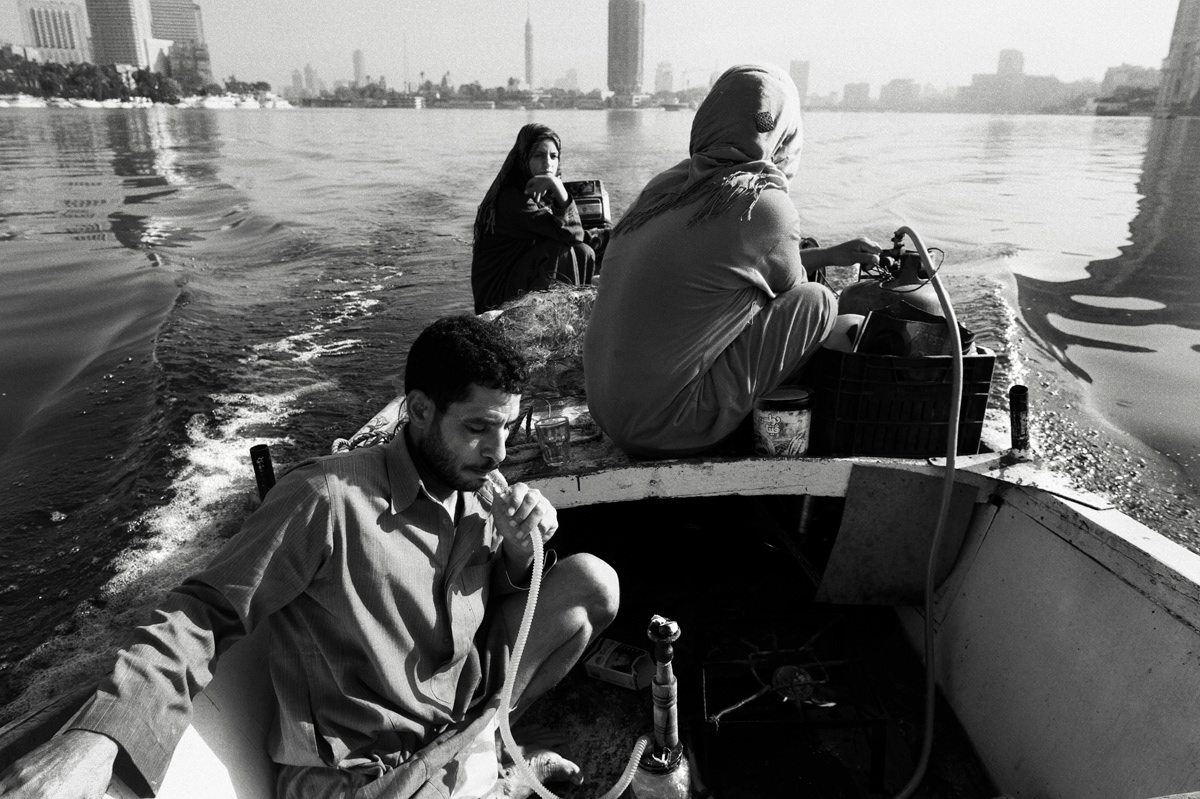
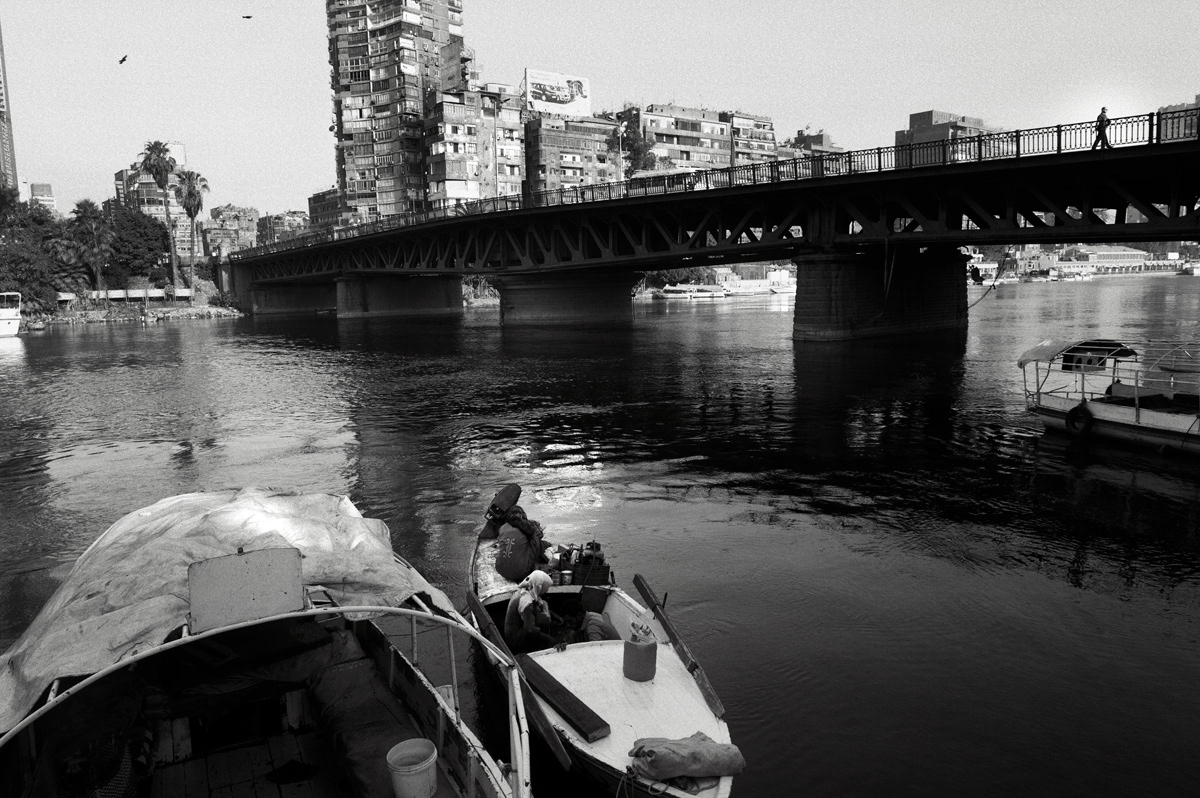
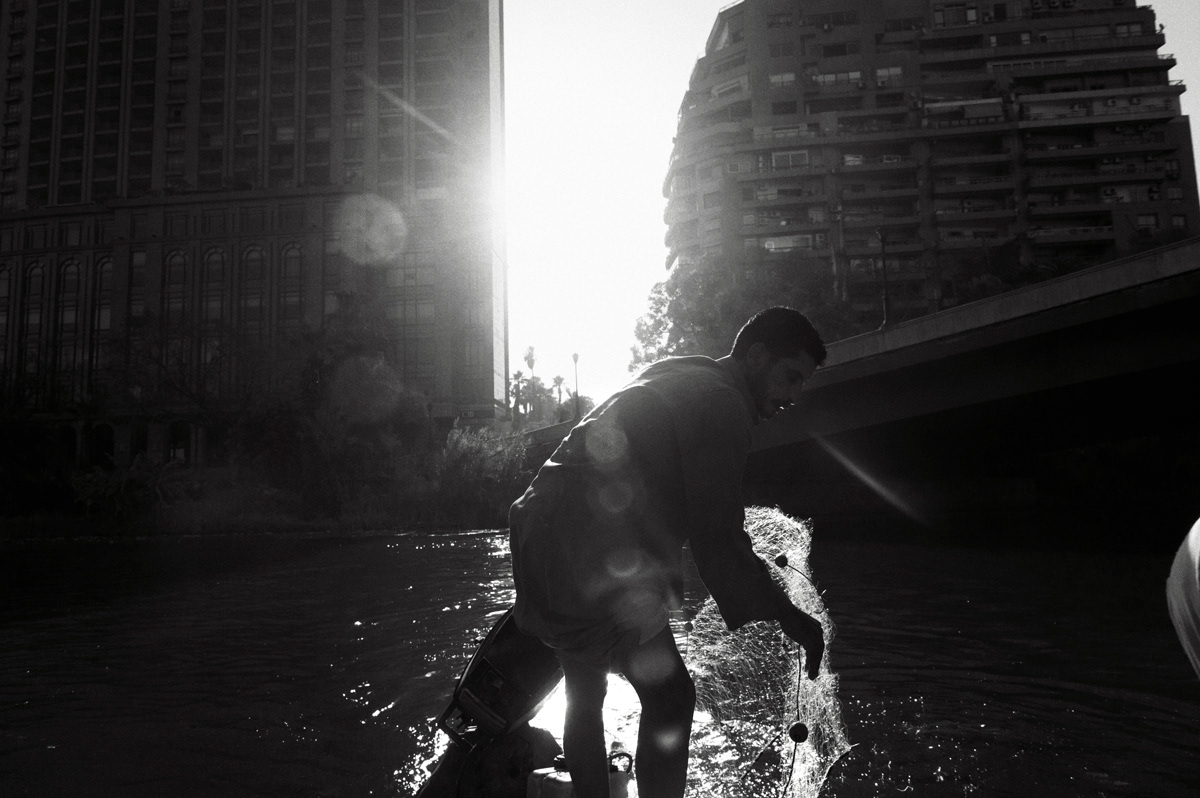
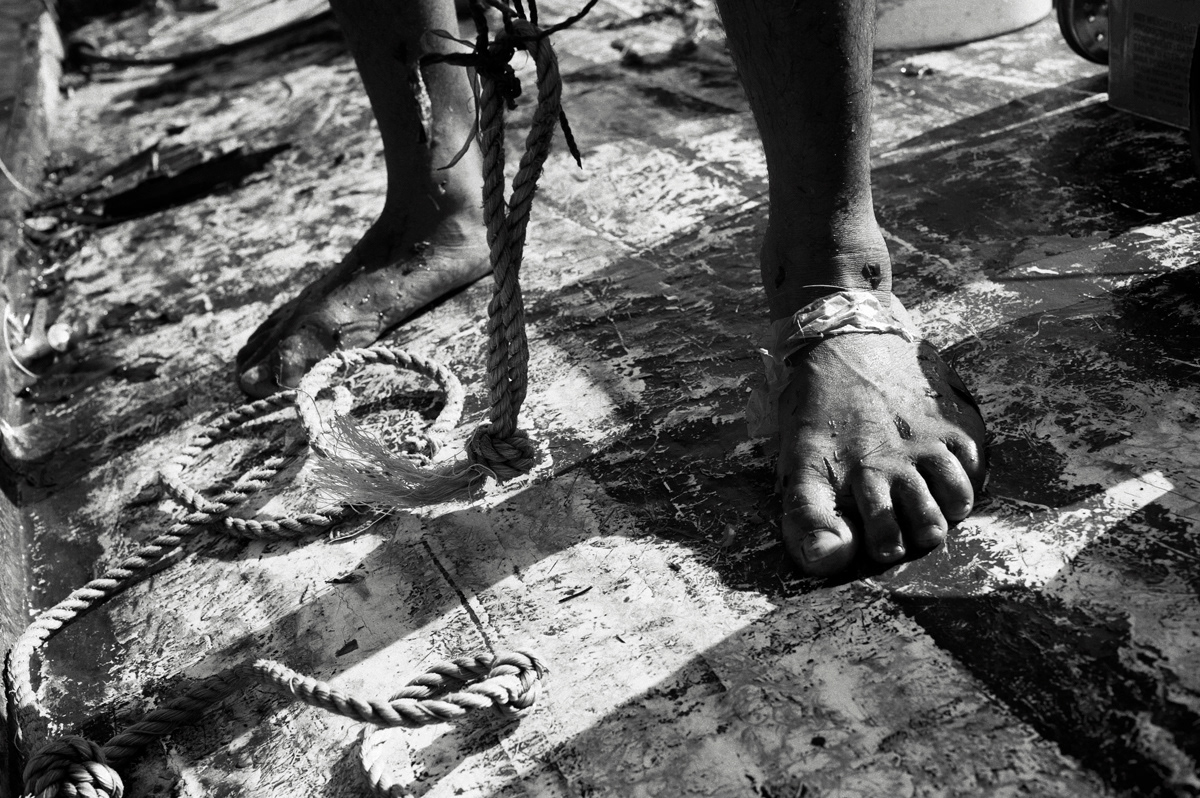
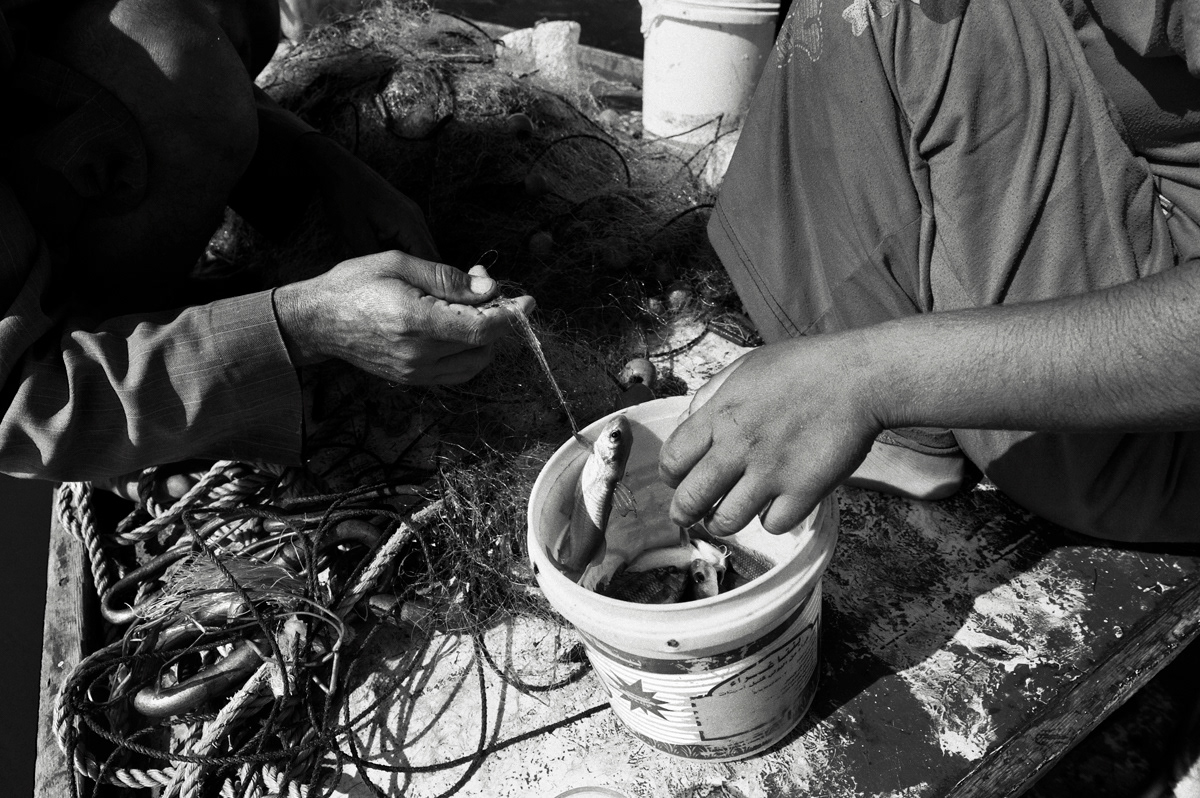
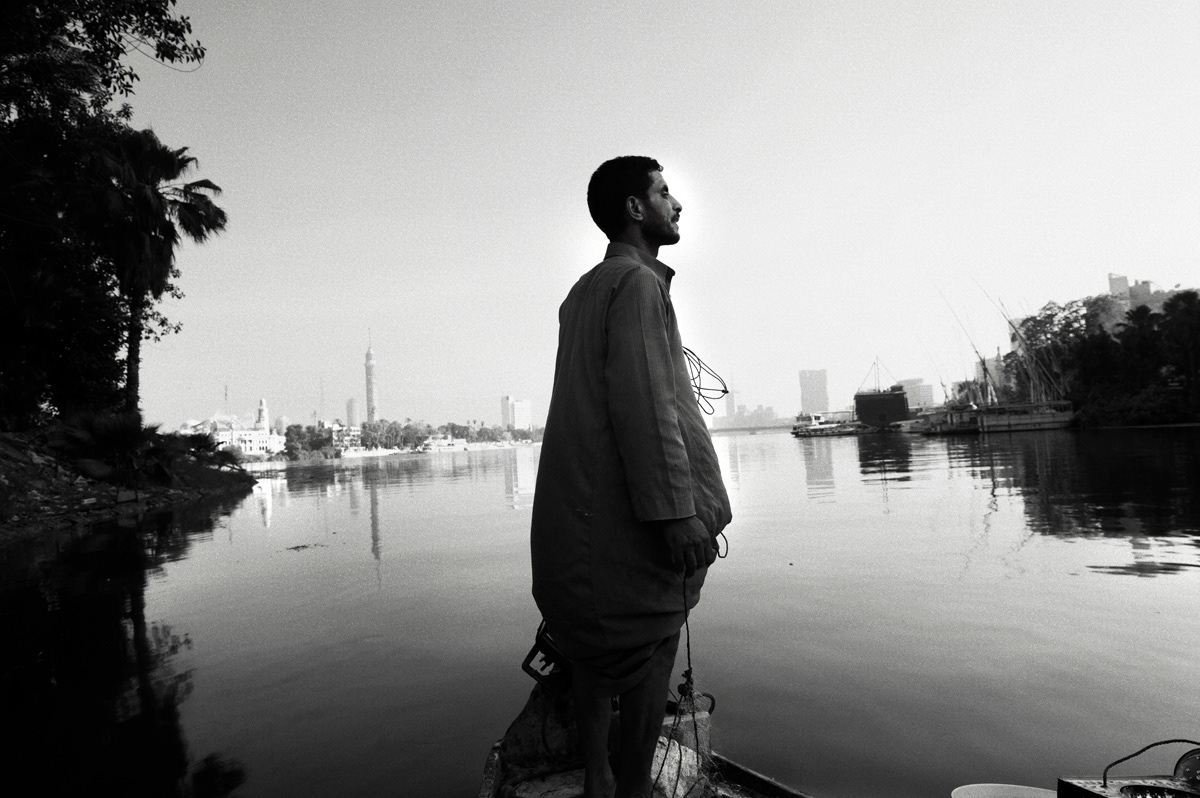
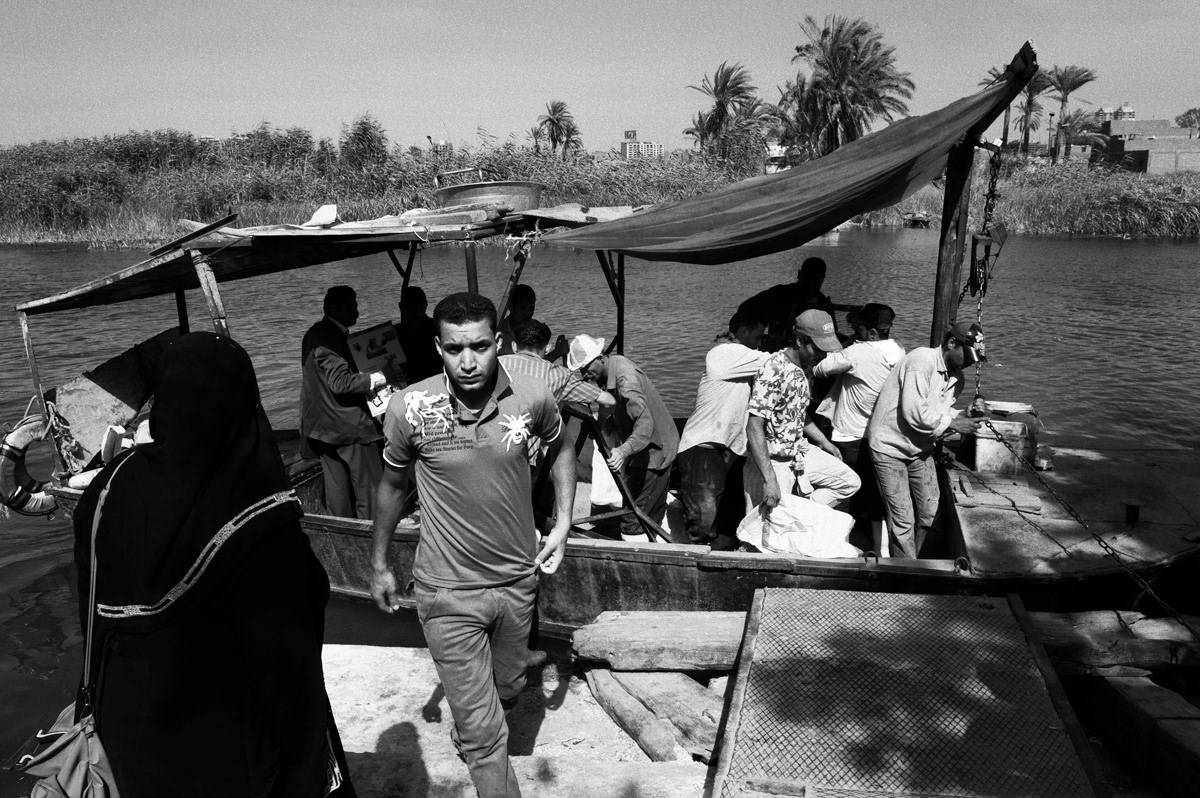
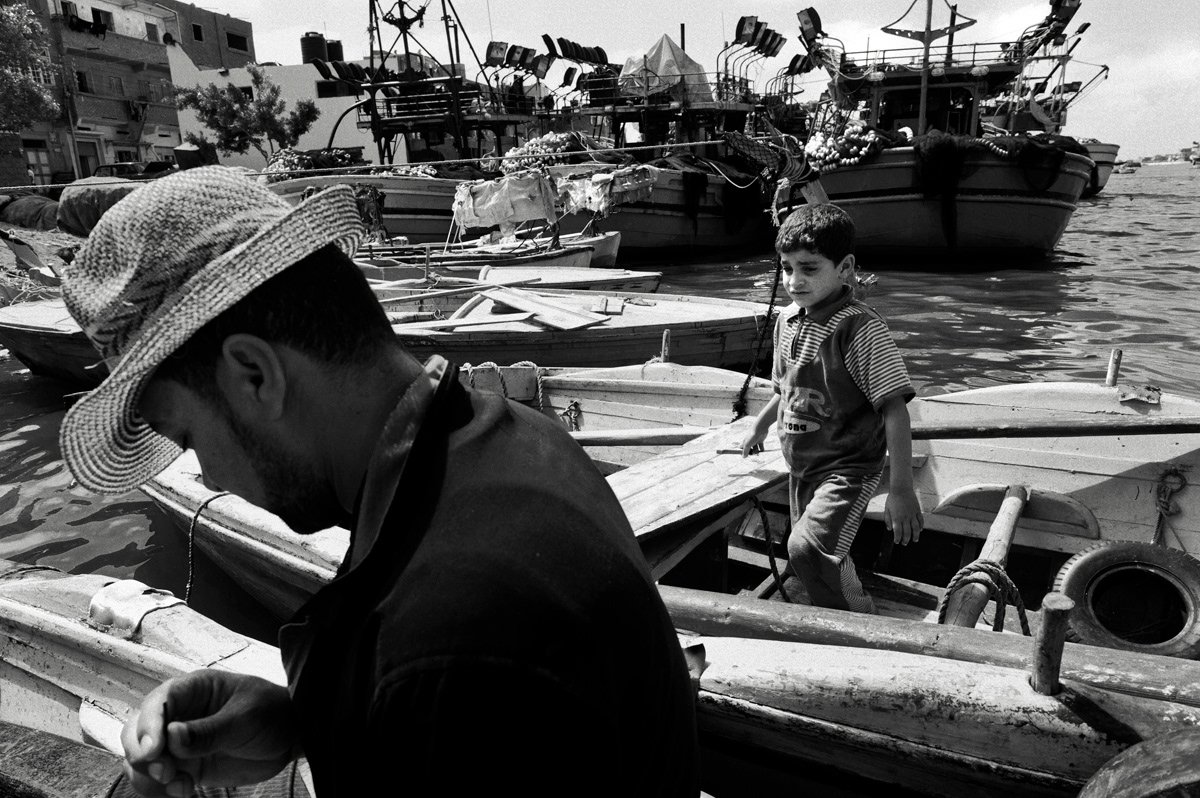
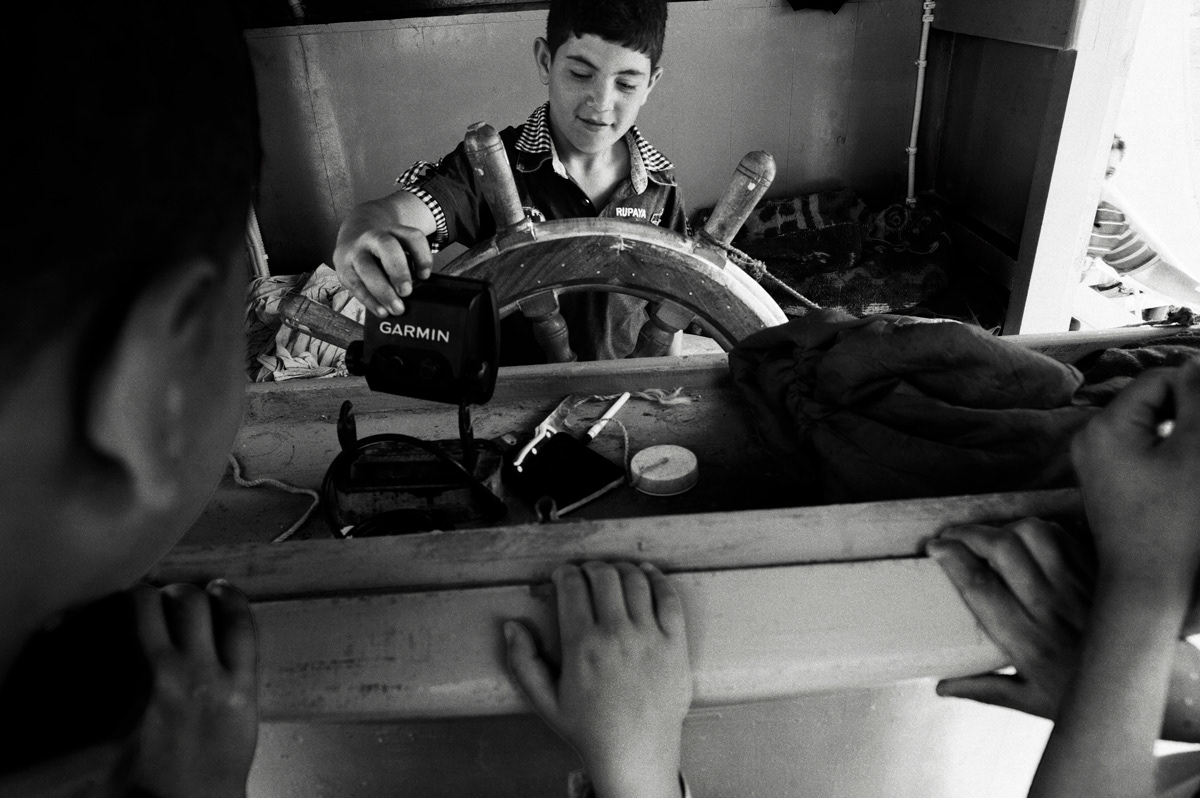
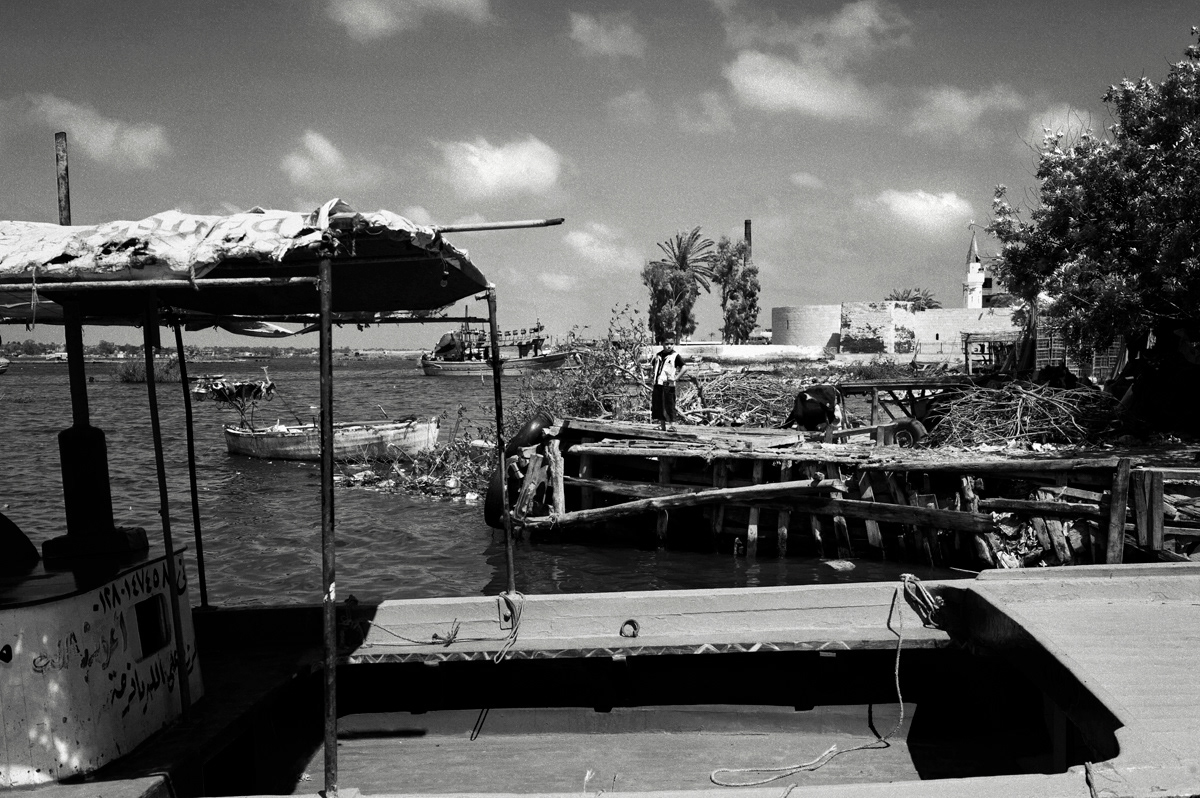
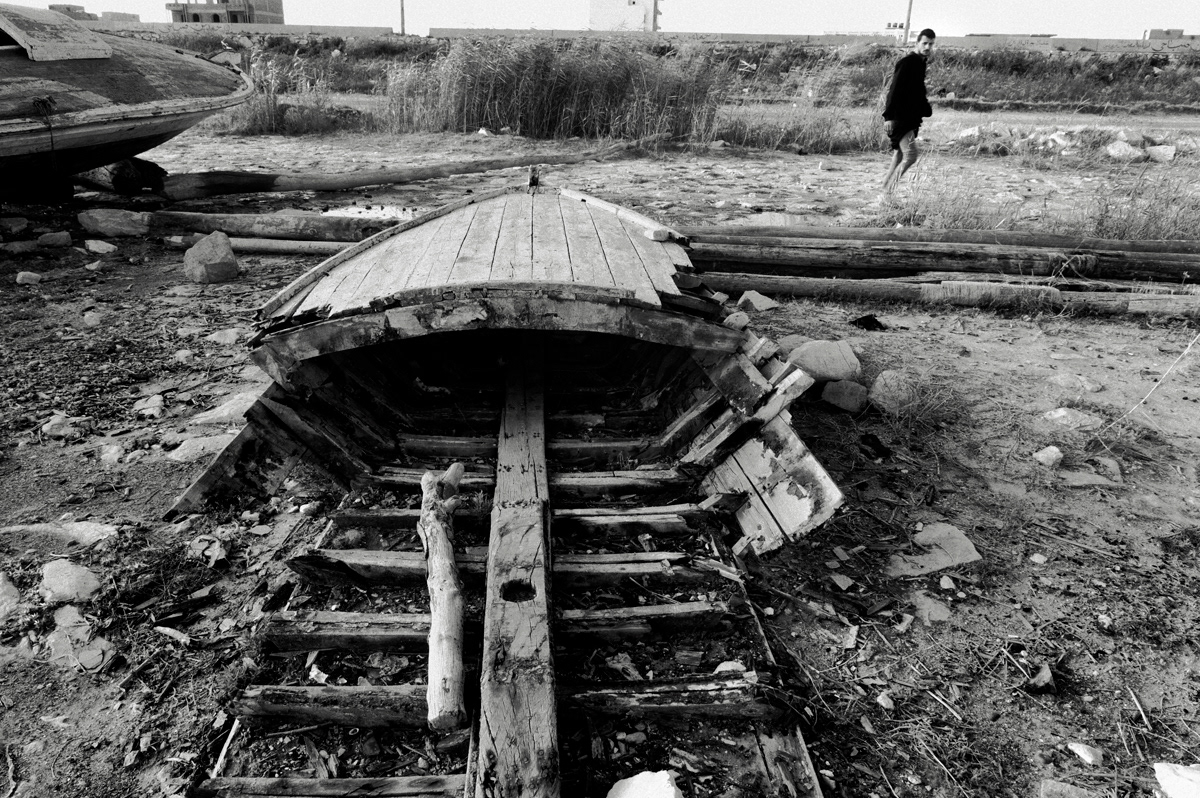
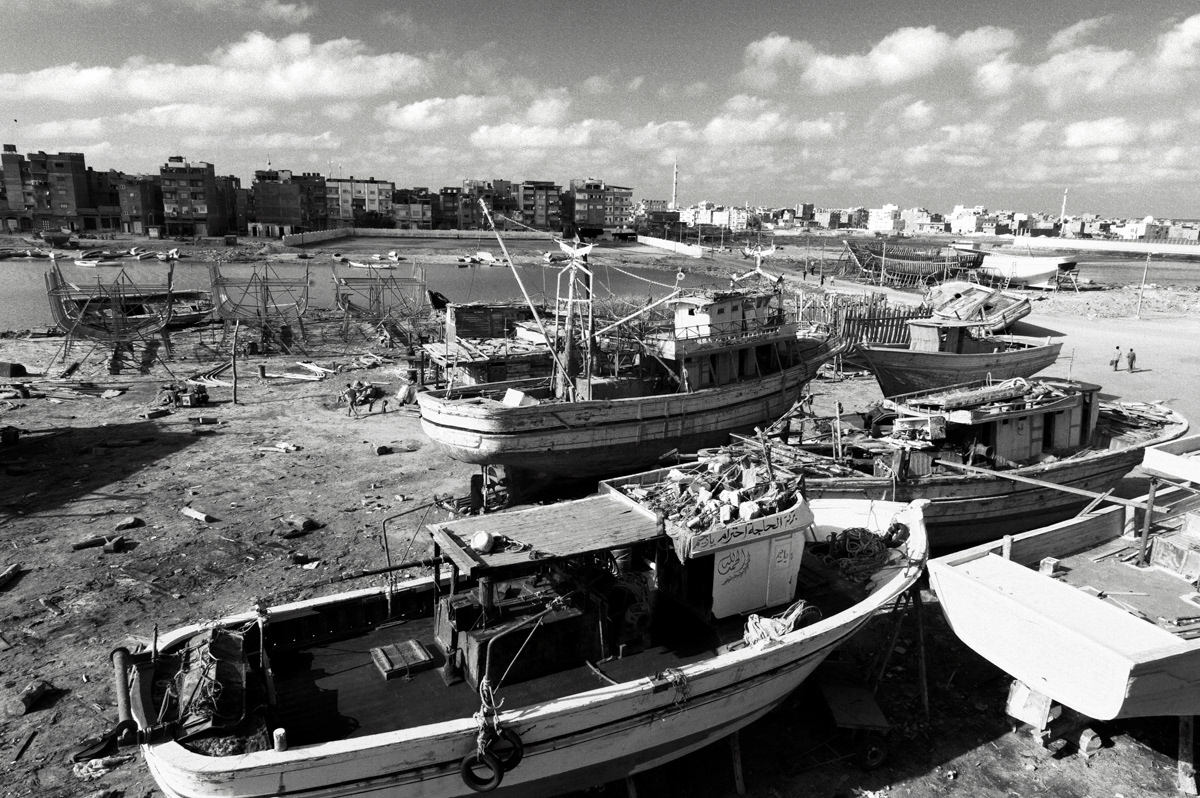
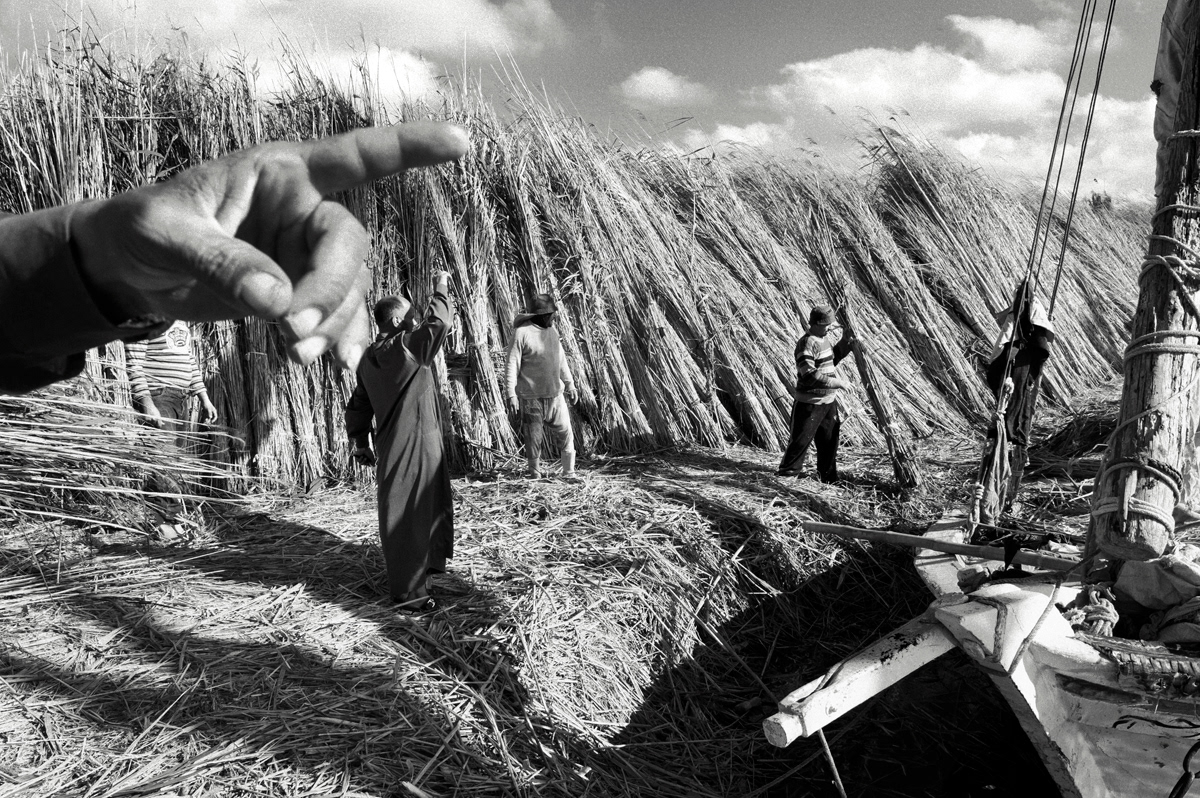
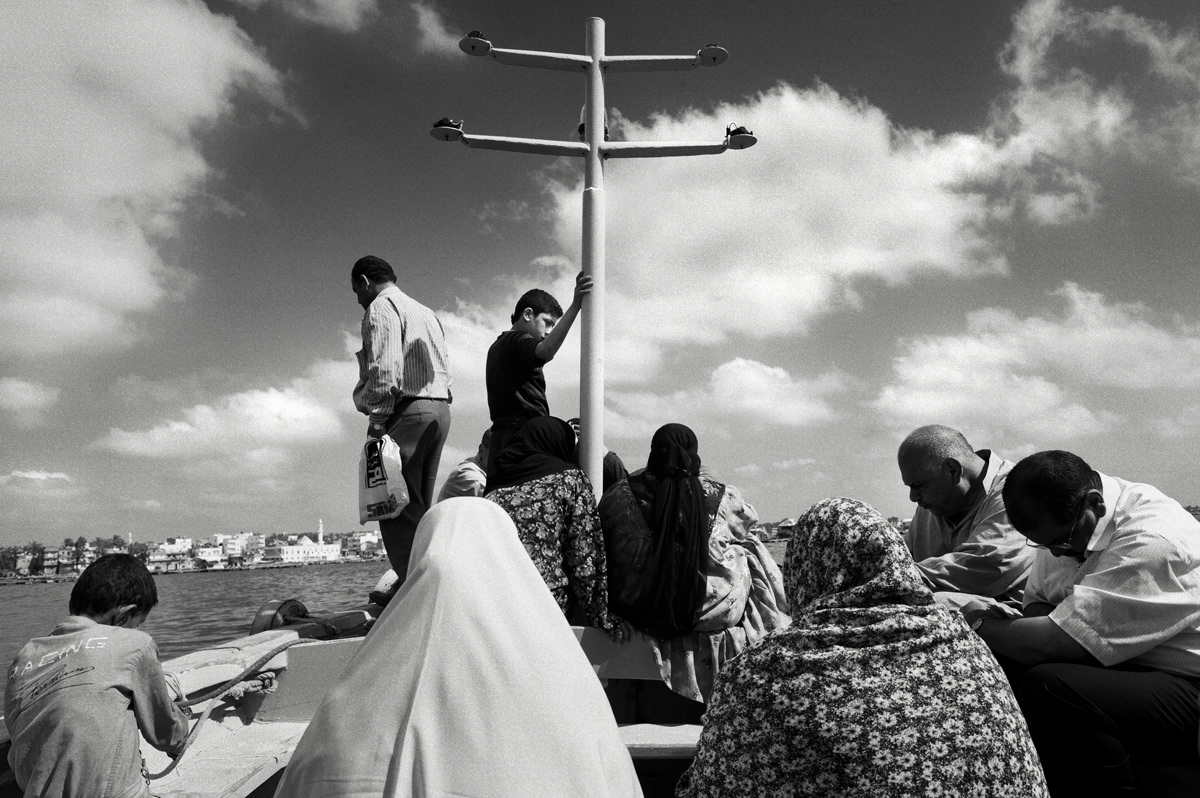
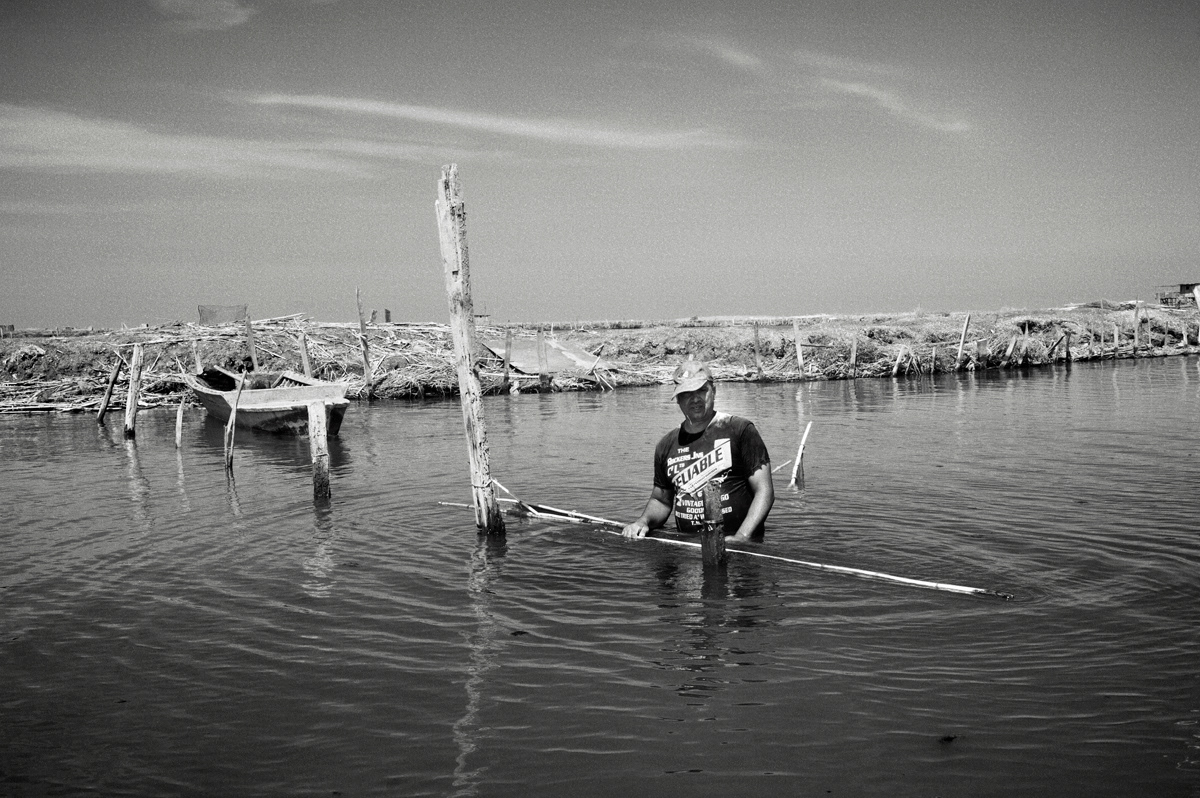
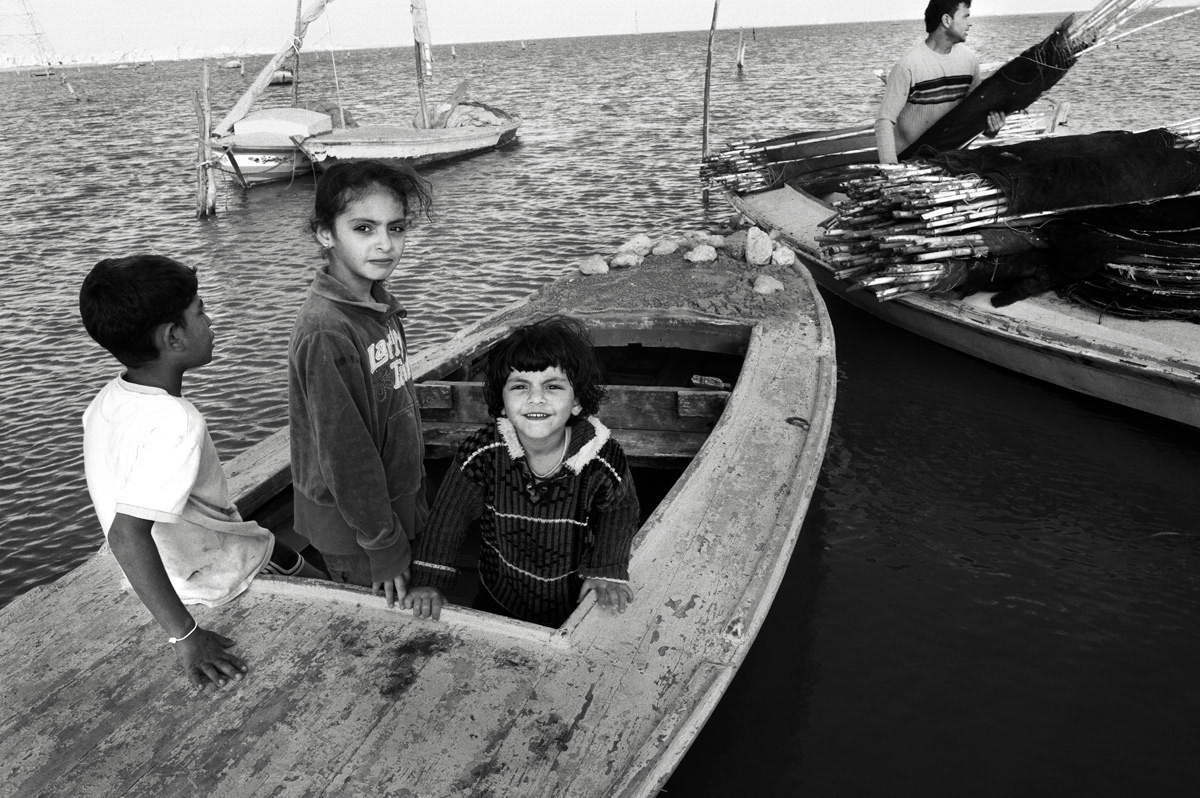
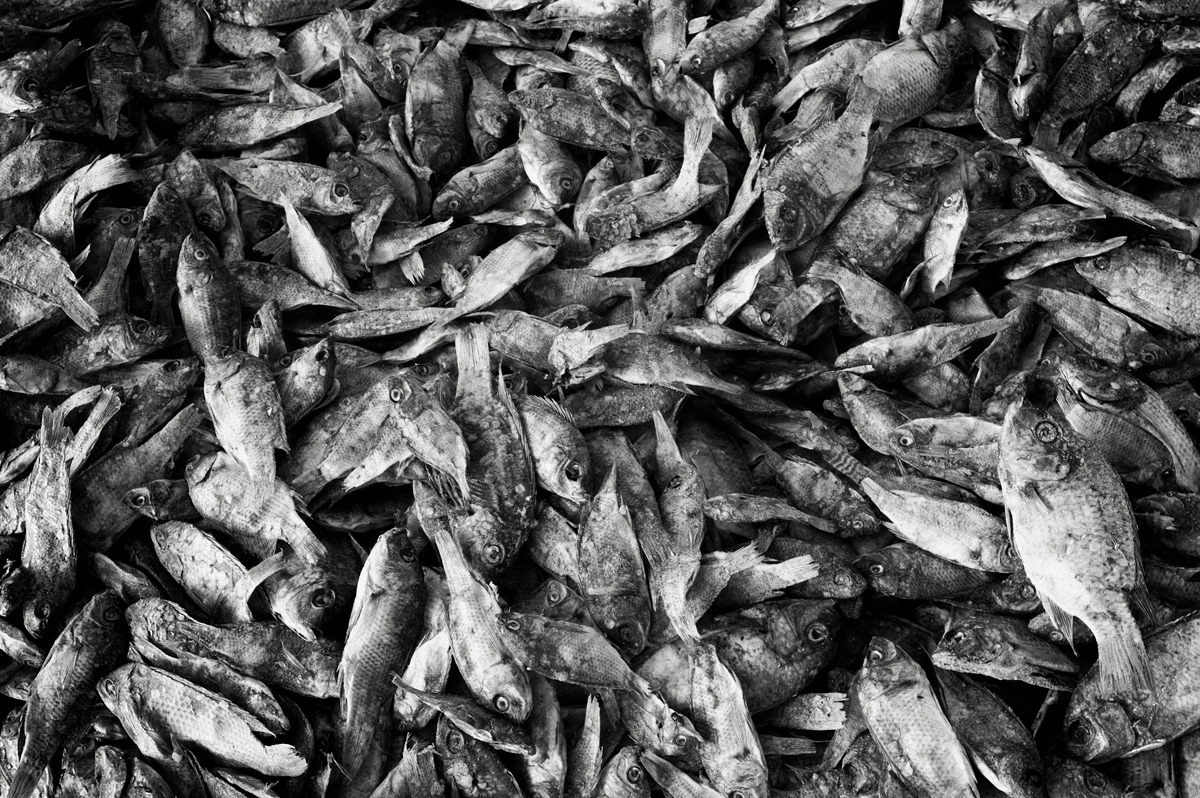
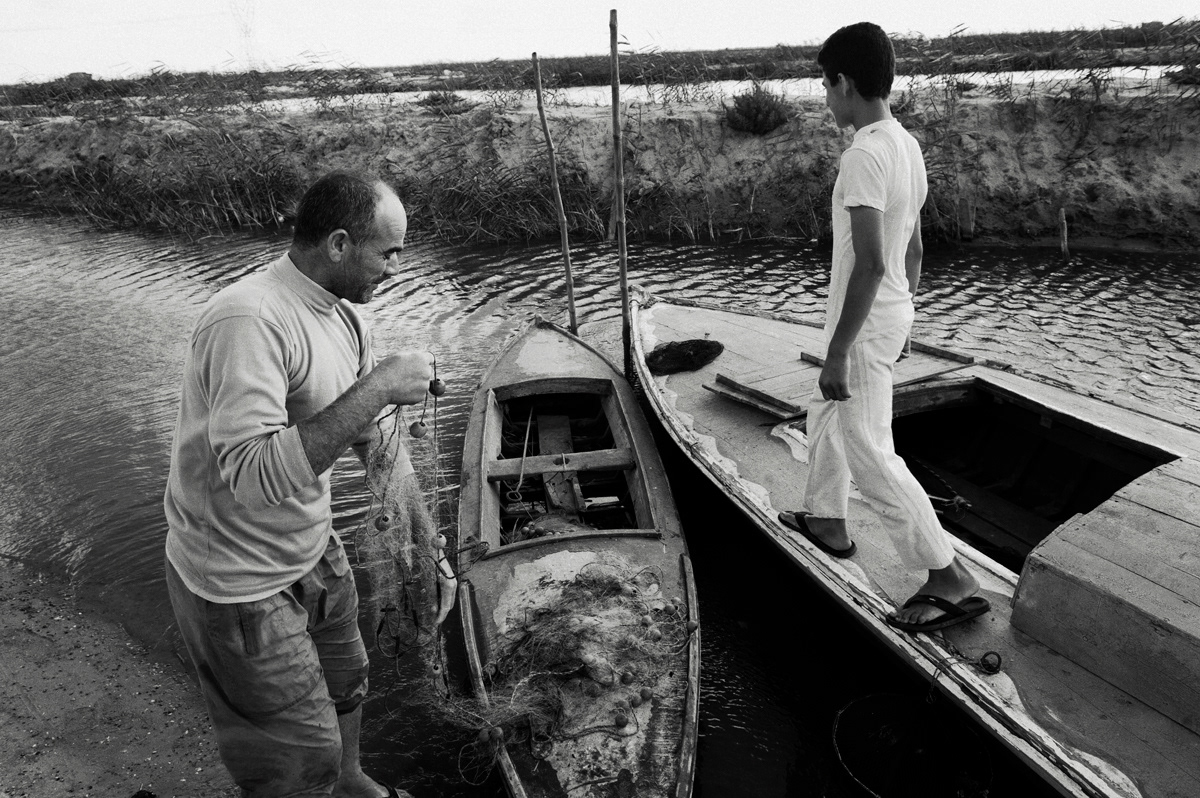
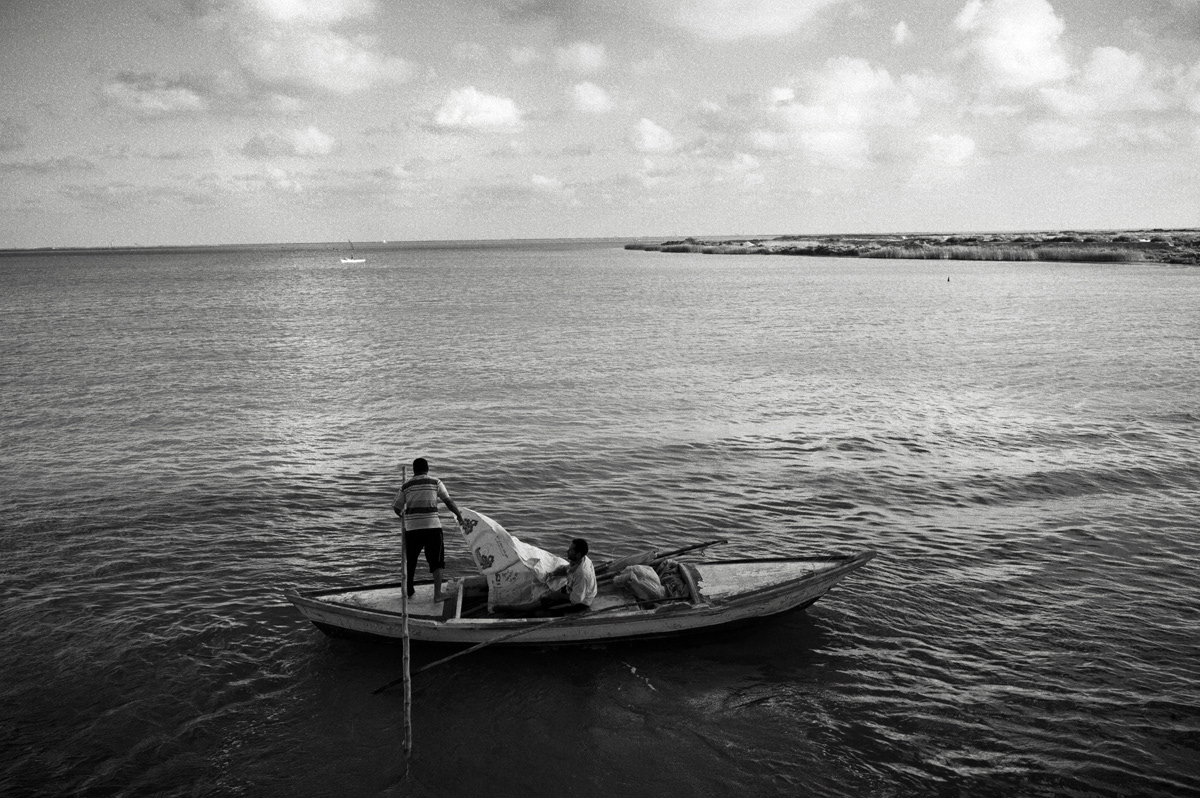
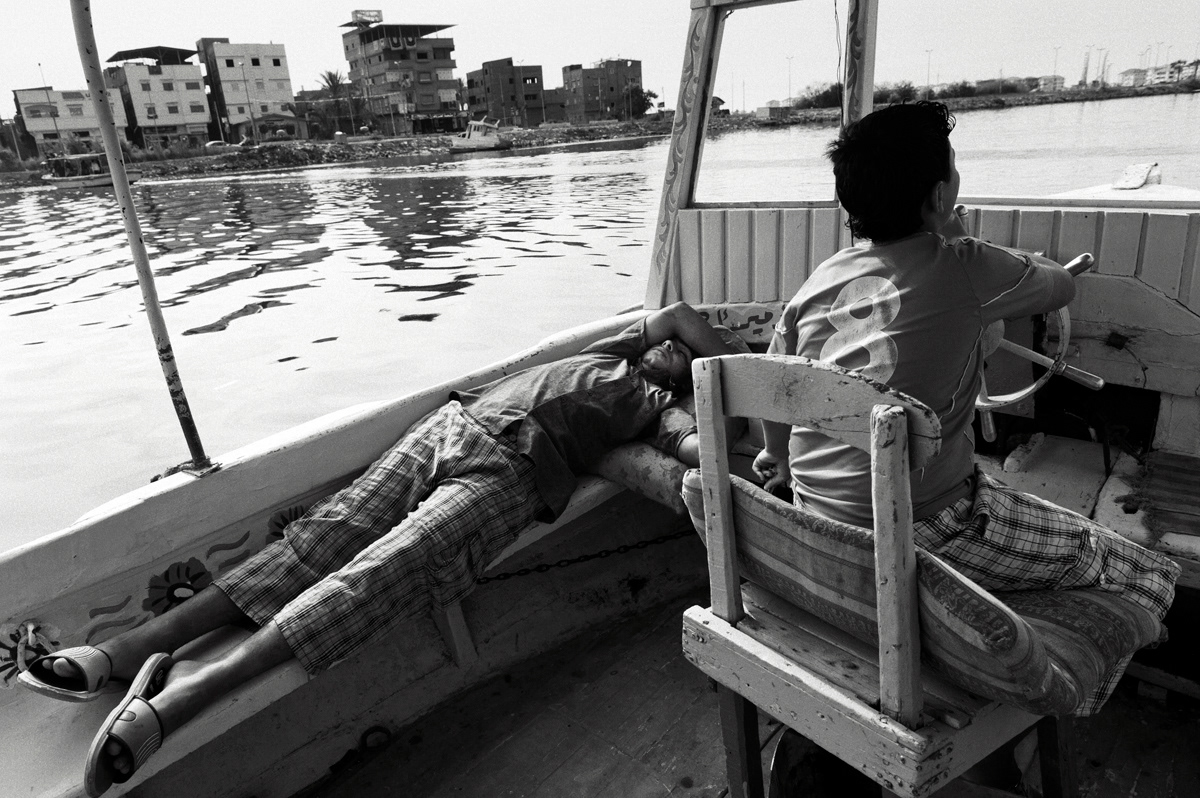
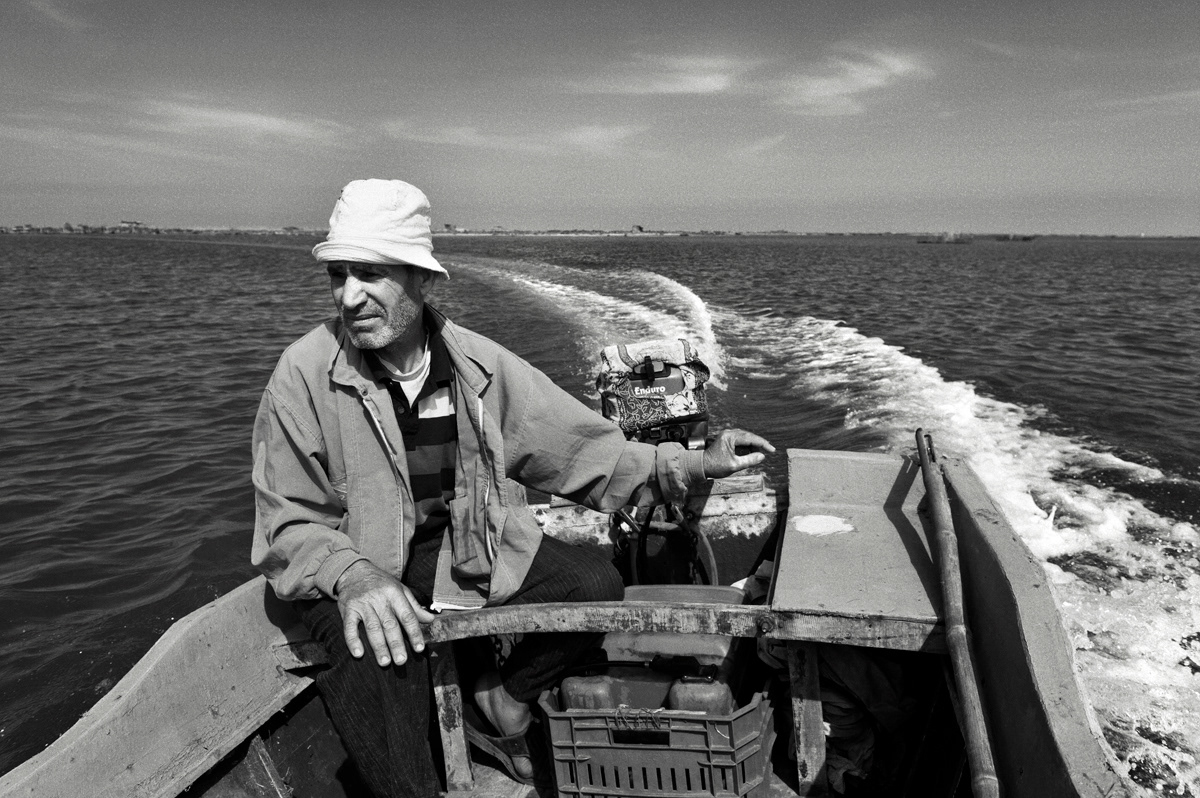
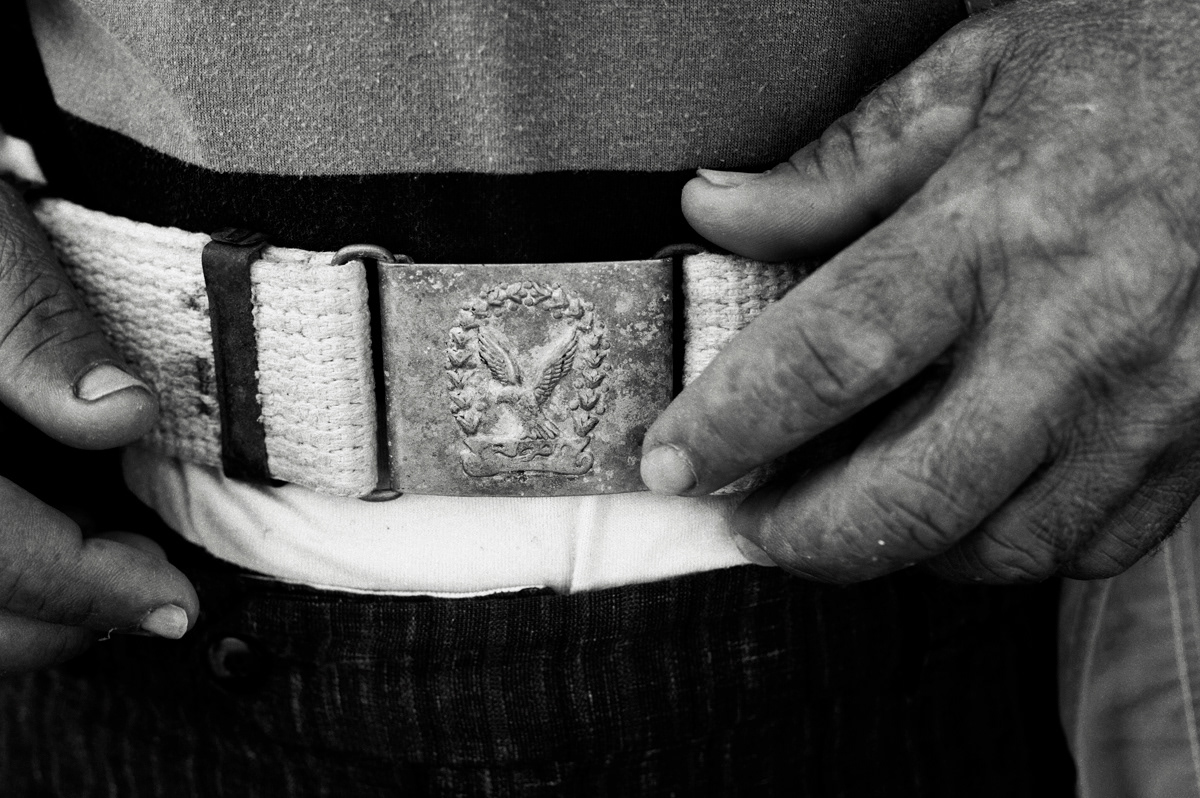
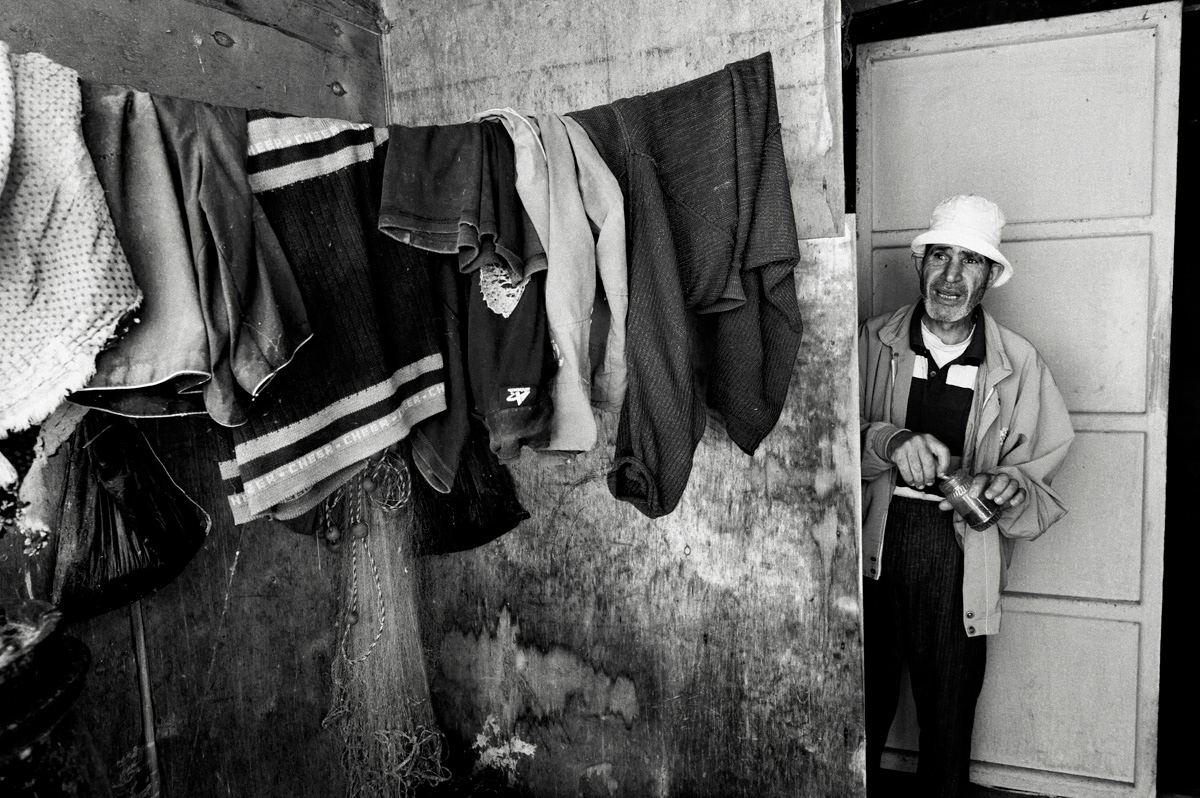
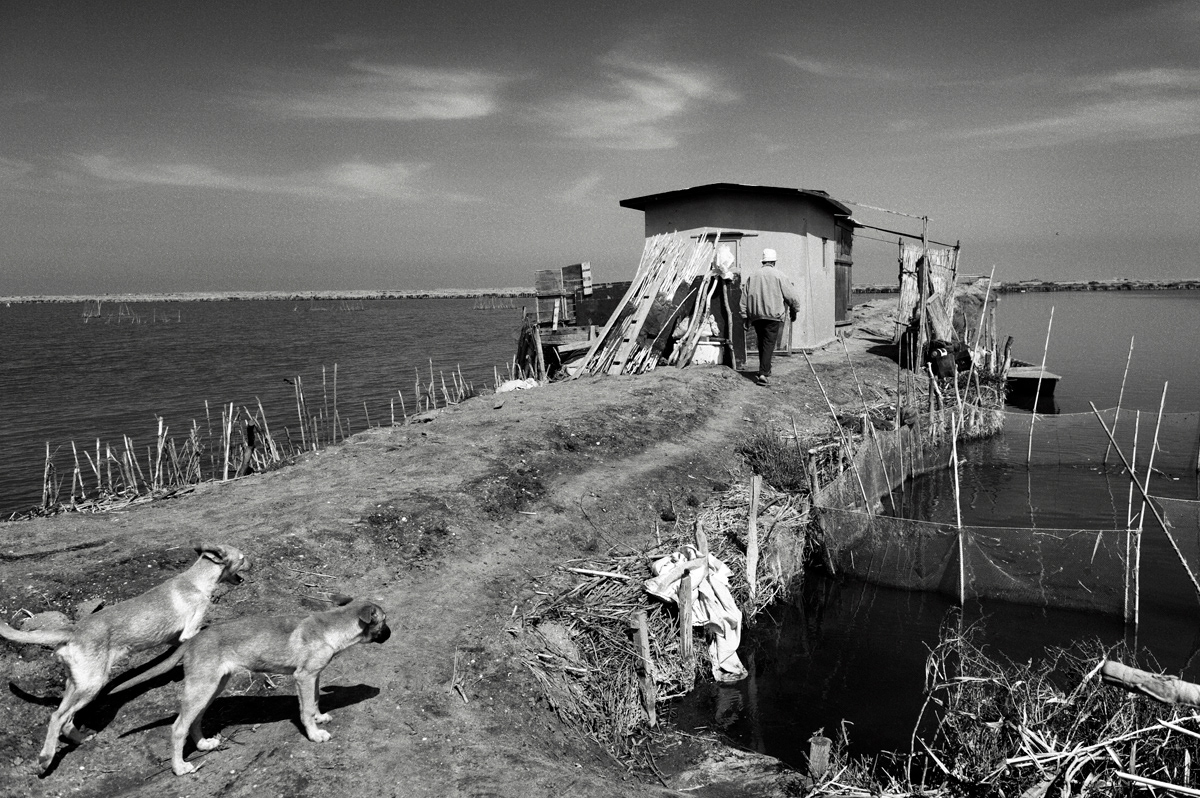
The Nile River is stretched across half of Africa and consists of two main branches, the White Nile and the Blue Nile. These merge and become one river known simply as The Nile River. Both the White and Blue Niles travel through Sudan and then merge at Khartoum before traveling north through the rest of Sudan, into Egypt and finally flowing into the Mediterranean Sea at the Nile Delta. Ancient Egypt, one of history's first civilizations, arose around the Nile River about 5,000 years ago. Daily life in ancient Egypt revolved around The Nile River. The yearly flooding of the Nile enriched the soil and brought good harvests and wealth to the land. The Nile river was literally the life of Egypt. It seems that The Nile River is the life of Egypt itself even today. Many Egyptians, men and women of all ages, enjoy the evening breeze on the riverside. And many illuminated feluccas, which are a traditional wooden sailing boat, float on the river with Egyptian traditional music. Along the river of downtown in Cairo, many on board restaurants are lined on, and graceful Nile cruise is the one of the most popular travel destination for foreign tourists. But for some of Egyptian, The Nile River is not only the place of recreation and realization, but also the place of life and work. The Nile River is closely ties with modern Egyptian life, as well as ancient Egypt, and consequence of The Nile River for their life is immeasurable. A lot of fisherman work at The Nile River even though their income is little and unstable. Because it had been inherited from ancient times. Ferryboat is one of the most important transportation all across the Egypt even now, especially local city along the Nile river. And furthermore, The Nile River provides nearly all of Egypt's fresh water for agriculture, industry and human consumption. Now, Egypt is confronting with a severe economic crisis, worsened by this long-term political instability. This economic crisis, especially the fuel shortage, is causing serious damage to their life. In addition, Ethiopia is planing to construct the biggest hydroelectric dam in Africa on the Blue Nile. As the reservoir behind the dam is filled up, the water supply to Egypt is likely to be reduce, and since Egypt's 85 million people get 97 percent of their fresh water from the Nile River, this has become a huge problem. But Muhammad, 45 year-old fisherman, who has lived on the small boat most of the year for more than 30 years, said. " Ancient Egyptian had been lived with the Nile River even if something happened. That won't change, either now or in the future."























